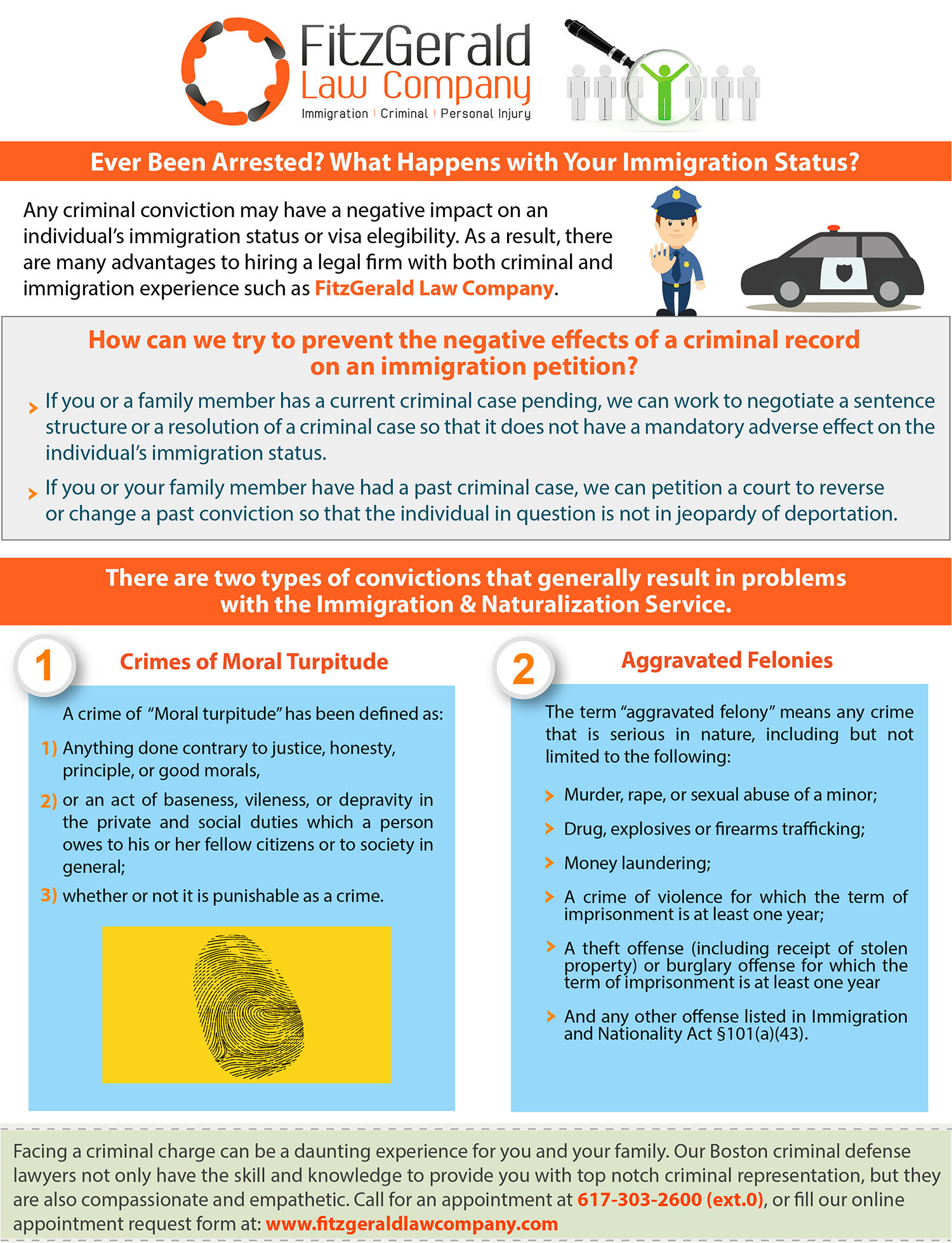When you enter a criminal test, you could be shocked by the structured procedure that unravels. It all starts with court option, where potential jurors are scrutinized for prejudices via an approach called "voir dire." After that, both sides provide their opening statements, establishing the stage for the evidence and testaments to adhere to. You'll see just how the prosecution and protection develop their instances, however what occurs next can dramatically affect the outcome. Understanding these phases can disclose the complexities of justice, yet there's more to uncover regarding the defining moments that comply with.
Jury Option Process
When it concerns the jury choice procedure, you're diving right into a vital phase of a criminal test. visit the following site , frequently called "voir dire," involves wondering about prospective jurors to guarantee they're honest and capable of providing a reasonable judgment.
You'll see both the prosecution and defense lawyer getting involved actively, each intending to pick jurors who line up with their instance's narrative.
Throughout voir dire, you'll notice that attorneys ask questions about jurors' histories, beliefs, and experiences. Their objective is to identify any pre-existing prejudices that can influence a juror's choice. As a juror, you could really feel a mix of uneasiness and inquisitiveness, but your honesty is essential.
After examining, attorneys can test specific jurors for reason if they believe a juror can't remain neutral. They can additionally use a restricted number of peremptory difficulties to reject jurors without stating a factor.
Test Phases Explained
The stages of a criminal trial play an essential duty in guaranteeing a reasonable and organized process.
You'll initially encounter the opening statements, where both the prosecution and defense detail their cases. This establishes the stage wherefore's to find.
Next off, the prosecution offers its proof and witnesses, intending to verify the offender's sense of guilt beyond a reasonable question. You'll see direct exam complied with by interrogation, permitting both sides to test today details.
After the prosecution relaxes its instance, it's the defense's turn. They'll provide their evidence and witnesses, typically concentrating on producing reasonable question. You'll notice that the defense does not need to show virtue; they just require to test the prosecution's case.
Once both sides have actually offered their disagreements, you'll hear closing declarations, where each celebration summarizes their case. This is critical as it enhances their positions prior to the court deliberates.
Throughout these phases, the court ensures that the trial adheres to lawful standards which the civil liberties of both celebrations are protected.
Comprehending these phases will certainly help you value the intricacies associated with a criminal trial and the significance of each step in the search of justice.
Judgment and Punishing
After all proof has been presented and debates made, the jury or court supplies a judgment, figuring out the offender's guilt or virtue. If you become part of the court, you'll deliberate with your fellow jurors, reviewing the evidence and your perceptions. This procedure can take some time, as you'll intend to make sure everyone agrees on the decision based upon the truths.
Once a verdict is reached, it's introduced in court. If the accused is found guilty, the next stage is sentencing. This is when the judge chooses the suitable penalty. You may observe that numerous variables influence the sentence, such as the seriousness of the criminal activity, the accused's past record, and any mitigating circumstances.
The judge may impose a range of sentences, from fines and community service to jail time. Occasionally, the defense or prosecution can present arguments relating to sentencing, attempting to sway the judge's choice.
If the defendant is found not guilty, they're acquitted, and no penalty follows. Remember that a guilty judgment can commonly result in charms, where the accused may challenge the verdict or the sentence imposed.
Verdict
In a criminal trial, you have actually seen how crucial each step is, from jury selection to the last judgment. please click the next page have actually adhered to the prosecution and defense as they build their situations, aiming to encourage the jury. Once deliberation concludes, the verdict establishes the end result, and if the offender is condemned, the sentencing phase begins. Comprehending these processes helps you appreciate the intricacies of the justice system and the relevance of each duty in ensuring a reasonable test.
